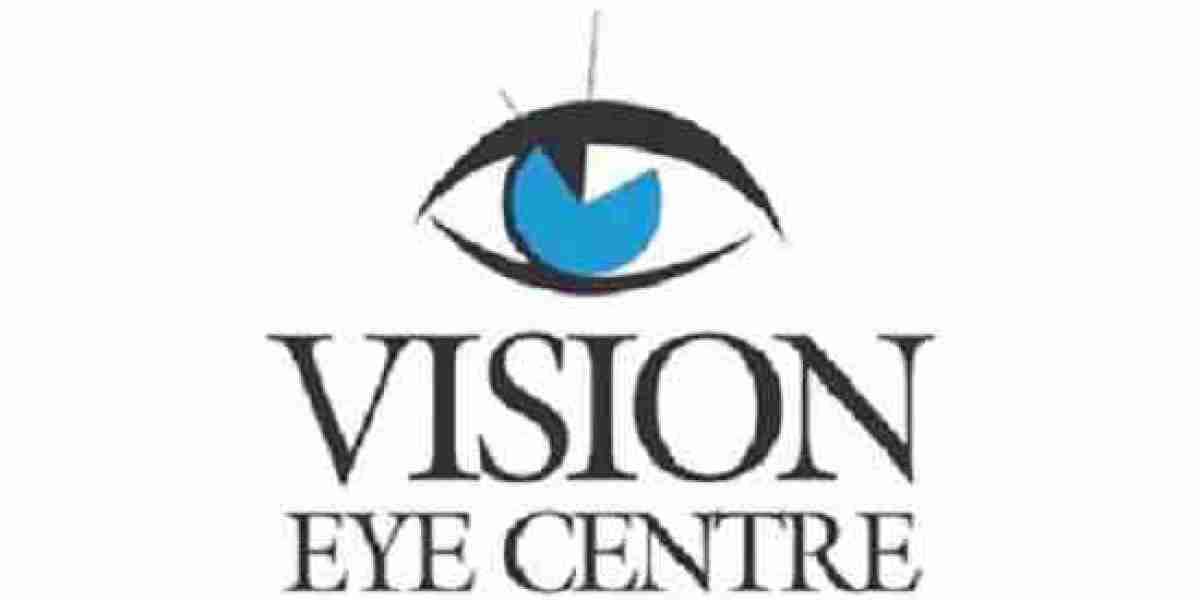Running a successful business often requires financial support, and business loans are a common way to secure the necessary funds. When exploring your financing options, one term you're likely to come across is "SBA loan." The Small Business Administration (SBA) offers a range of loan programs to help entrepreneurs and small business owners. In this blog, we'll dive into the world of business loans, with a particular focus on SBA loans and their interest rates.
What Is an SBA Loan?
An SBA loan is a type of loan provided by banks, credit unions, and other lenders but partially guaranteed by the Small Business Administration. These loans are designed to support small businesses that may not qualify for traditional financing due to various reasons, such as limited collateral or a short business history.
The Advantage of SBA Loans
One of the primary advantages of SBA loans is their favorable interest rates. The SBA sets maximum interest rates that lenders can charge on these loans, making them an attractive option for many entrepreneurs. These rates are typically lower than what you might find with other types of business loans, which can significantly reduce your borrowing costs.
Understanding SBA Loan Interest Rates
SBA loan interest rates are not fixed; they can vary based on several factors, including the loan program, the lender, and the borrower's creditworthiness. However, they are subject to SBA maximums, ensuring that borrowers receive fair and reasonable rates.
Here are the key SBA loan programs and their associated interest rate structures:
SBA 7(a) Loan Program: This is the SBA's flagship loan program, offering various loan types, including working capital loans, equipment loans, and more. The interest rates for SBA 7(a) loans are typically tied to the Prime Rate, but they can also include a fixed percentage above the Prime Rate.
SBA 504 Loan Program: This program is focused on financing for the purchase of real estate or equipment. Interest rates for SBA 504 loans are typically fixed and competitive.
SBA Microloans: Microloans, designed for small businesses and startups, often have higher interest rates due to their smaller loan amounts and shorter terms.
Factors Affecting Your SBA Loan Interest Rate
Your individual interest rate for an SBA loan will depend on factors such as your credit score, the loan amount, the loan term, and the lender you choose. Generally, the stronger your credit and financial profile, the lower the interest rate you can secure.
Conclusion
SBA loans can be a lifeline for small businesses, offering access to affordable financing with competitive interest rates. When considering an SBA loan, it's crucial to understand the various programs, their interest rate structures, and how your financial situation can impact the rate you receive. With the right knowledge and preparation, you can leverage an SBA loan to fuel the growth and success of your business.














